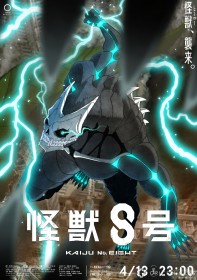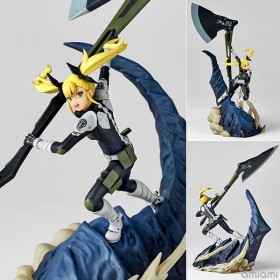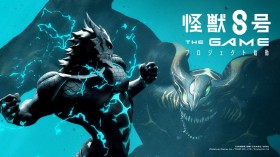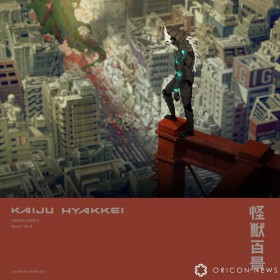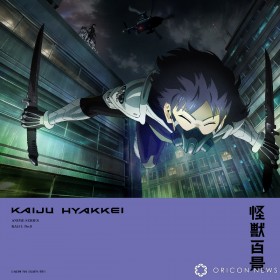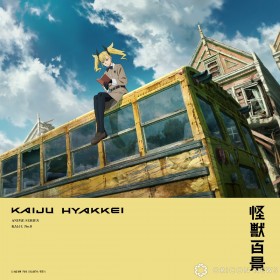[Interview] Anime "Kaiju No. 8" Adopts Original Western Music for Its Theme Songs: Implementing a New Form of Tie-Up
The anime "Kaiju No. 8" (original work by Naoya Matsumoto) began airing on TV Tokyo network on April 13th. It includes new initiatives such as real-time global distribution via the official Japan-US X (formerly Twitter) accounts at the same time as the terrestrial broadcast. Among these, the most noteworthy is the use of original Western music for the so-called "anison" (anime songs). YUNGBLUD's "Abyss" (Kaiju No. 8 opening theme) and OneRepublic's "Nobody" (Kaiju No. 8 ending theme) are rare attempts in anison history. We interviewed Ms. Tamiko Kawasaki, the label head at Universal Music, who was responsible for these two artists, to learn how these songs were created and how they differ from the traditional Japanese music tie-ups.
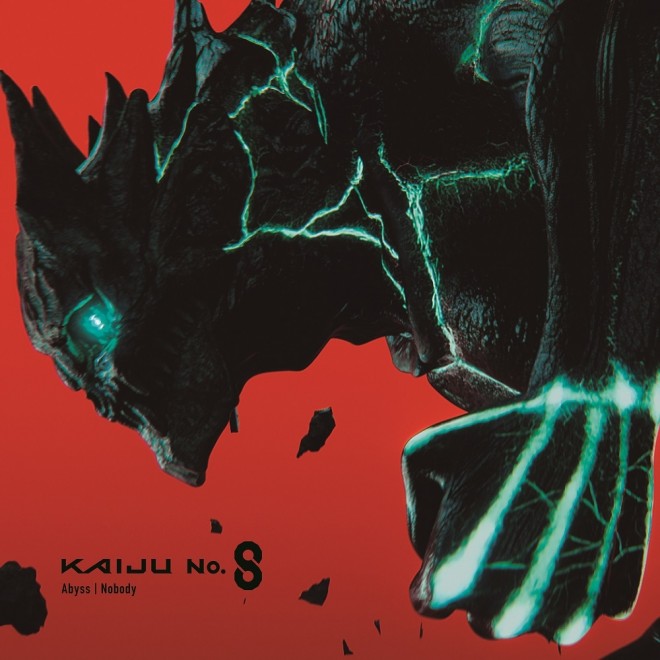
YUNGBLUD/OneRepublic "Abyss/Nobody" (Kaiju No. 8 OP/ED themes)
The Dilemma of Breaking Anison Conventions Represented by "89 Seconds"
The idea of using original Western music for anison started with the strong intentions of the production team, including Toho. Besides the coolness of Western music, there was a goal to attract more overseas anime fans because the original manga has a large overseas following and the series is streamed on major platforms like Netflix and Amazon Prime Video. However, Ms. Kawasaki initially felt bewildered by the request.
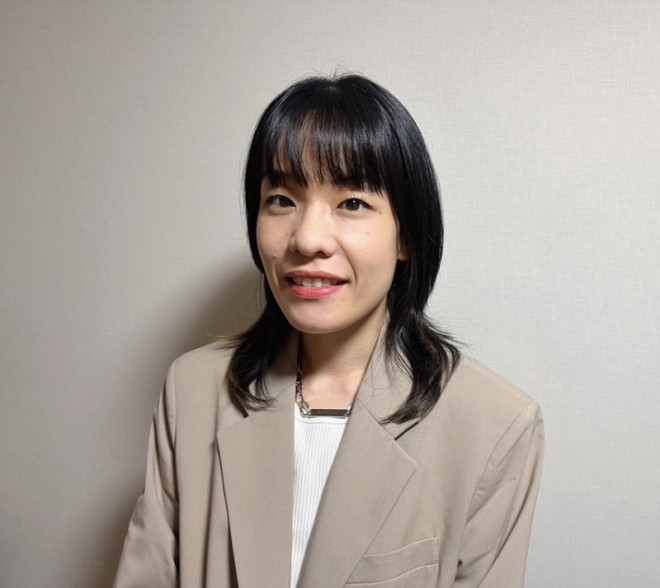
Universal Music Label Head Tamiko Kawasaki
"The Western music tie-up for anison was probably the first of its kind, and our Western music team had no experience with it. So, at first, I honestly thought, 'No way, it's impossible' (laughs). However, with the major organizational change in our Western music division last January, and the internal mood to challenge ourselves without preconceived notions in this first year, we felt we had to give it a go," Kawasaki said.
When interviewing overseas labels within the group, Kawasaki focused on whether the artists liked Japan and anime, in addition to their musicality, even if they were big names. She believed that for anison to hit, the lyrics must link to the anime's content and atmosphere.
"No matter how much the song is written for 'Kaiju No. 8', if the music doesn't link with the work, anime fans won't accept it. If that happens, it could result in a negative image for the artist and lead to comments like, 'Western music tie-ups are just impossible.' Therefore, we made detailed directions, such as reading the original work and specifying where certain words should be included, while allowing freedom in other parts."
Ultimately, the response from the Los Angeles label Interscope, which also represents Lady Gaga and Billie Eilish, was the best. After reviewing schedules and other factors, they decided on YUNGBLUD (in collaboration with Dan Reynolds of Imagine Dragons) and OneRepublic. YUNGBLUD, who loves anime, recorded the opening theme song in Tokyo during his first visit to Japan last year. Ryan Tedder, the frontman and Grammy-winning producer of OneRepublic, is a Japanophile who visits the country privately. Nonetheless, they faced several challenges different from traditional Japanese music tie-ups, such as the "89 seconds" for OP/ED themes, which was an unfamiliar condition for Western artists, and the issue with the intro.
"Both artists initially reacted with, '89 seconds? That's a crazy short song!' (laughs). But they took it on as a fun challenge. We strongly requested that they put their heart into the first 5 seconds. Since Netflix displays a skip intro button, we directed them to create a song that wouldn’t get skipped by viewers eager to watch the main anime."
The differences in production costs and processes between Japanese and Western music were also evident. While Japanese artists see anime tie-ups as a promotion, big Western artists don’t view it the same way. Each demo and song revision uses top engineers and studios, increasing production costs with each iteration.
"This time, especially with OneRepublic, we were exceptionally fortunate because Ryan Tedder is a huge Japan fan. He handled songwriting, arrangement, singing, and production himself, which allowed quick demo production and song revisions from his home desktop."
Other challenges included setting deadlines according to the Japanese anime production timeline and ensuring that the broadcast version of the OP/ED themes could not be changed when creating the full version of the songs, which Western artists had to understand in detail.
Source : ORICON NEWS
